Last Updated on January 24, 2024 by Marian Jones
Squeezed into our Bath anthology are lots of authors who wrote about the city and whom you’d enjoy reading before a visit or afterwards, when you want to reminisce. Or indeed when you are actually there: a spot of Jane Austen in Sydney Gardens, perhaps. In this episode, we cover a selection of diary entries, moments from history, travel-writing and fiction, all of it centred on Bath and providing plenty of new perspectives. There’s a much fuller treatment on the accompanying podcast.
travel diaries
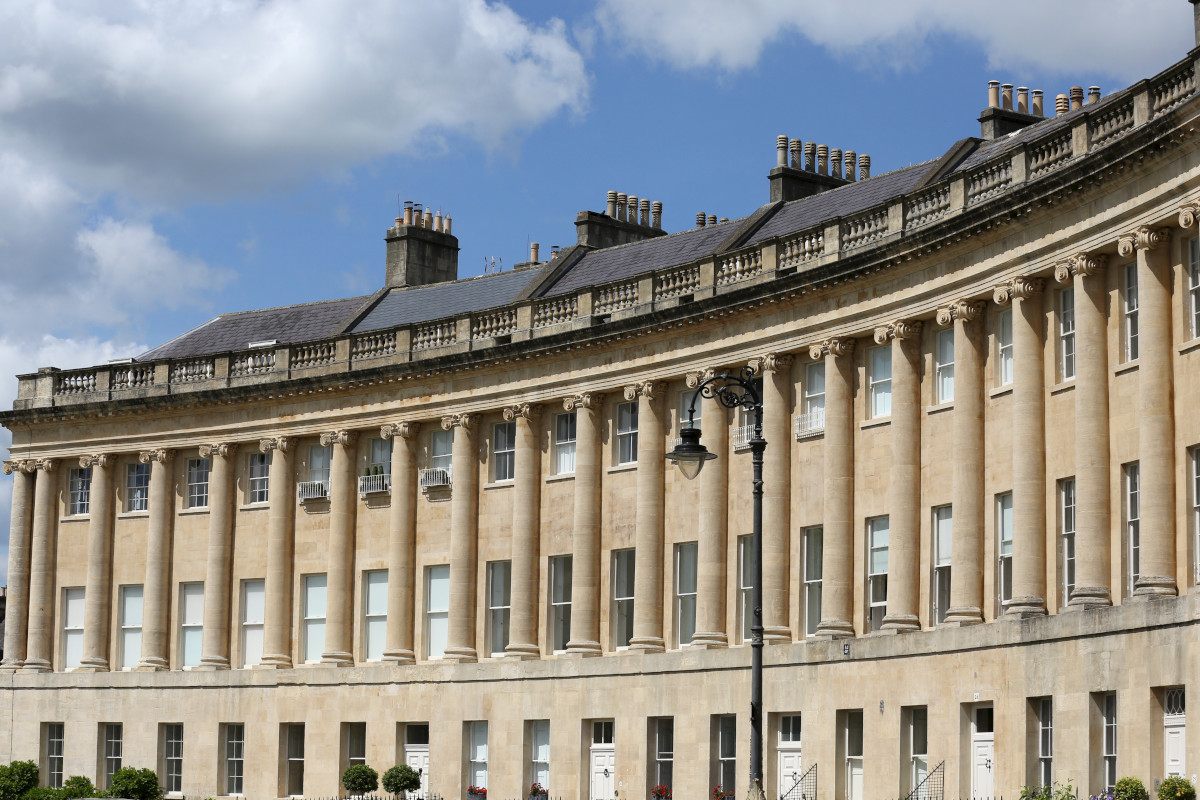
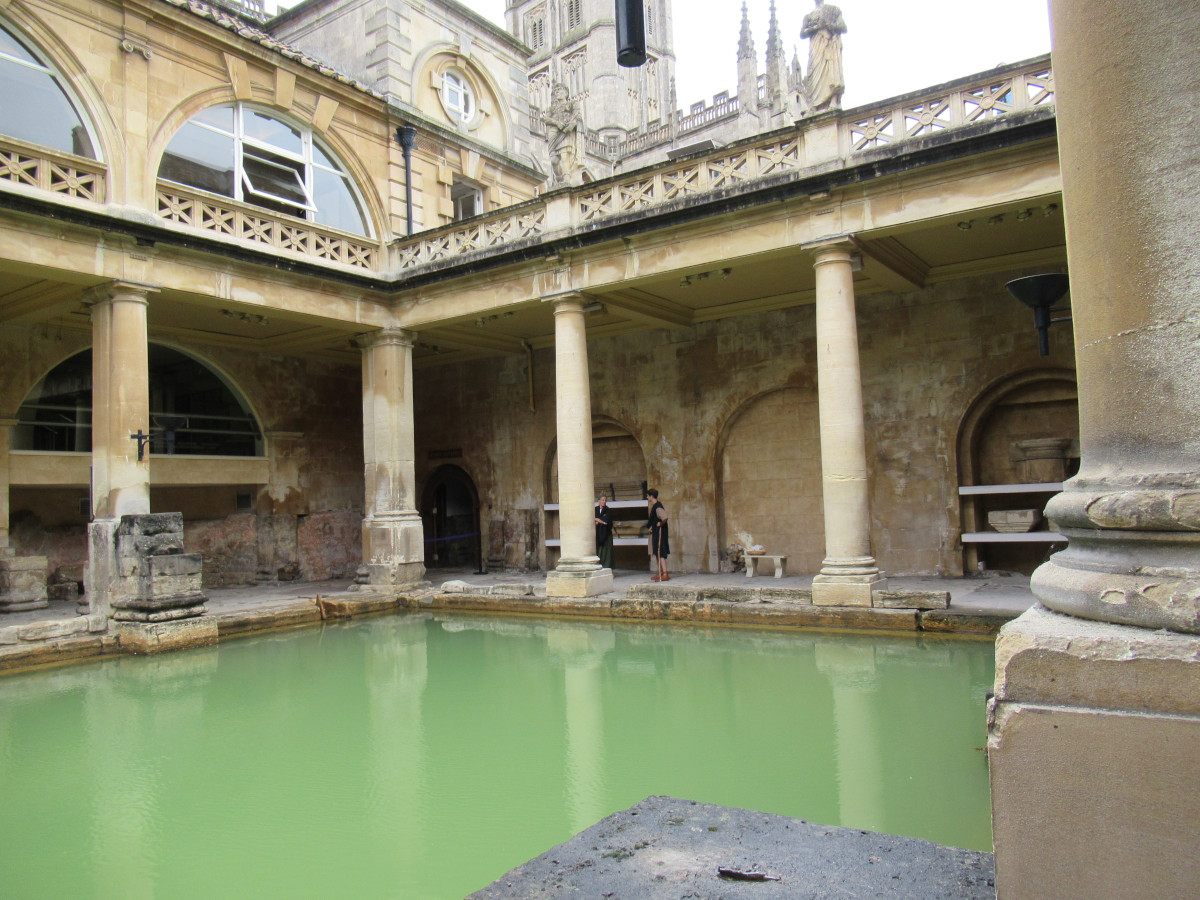
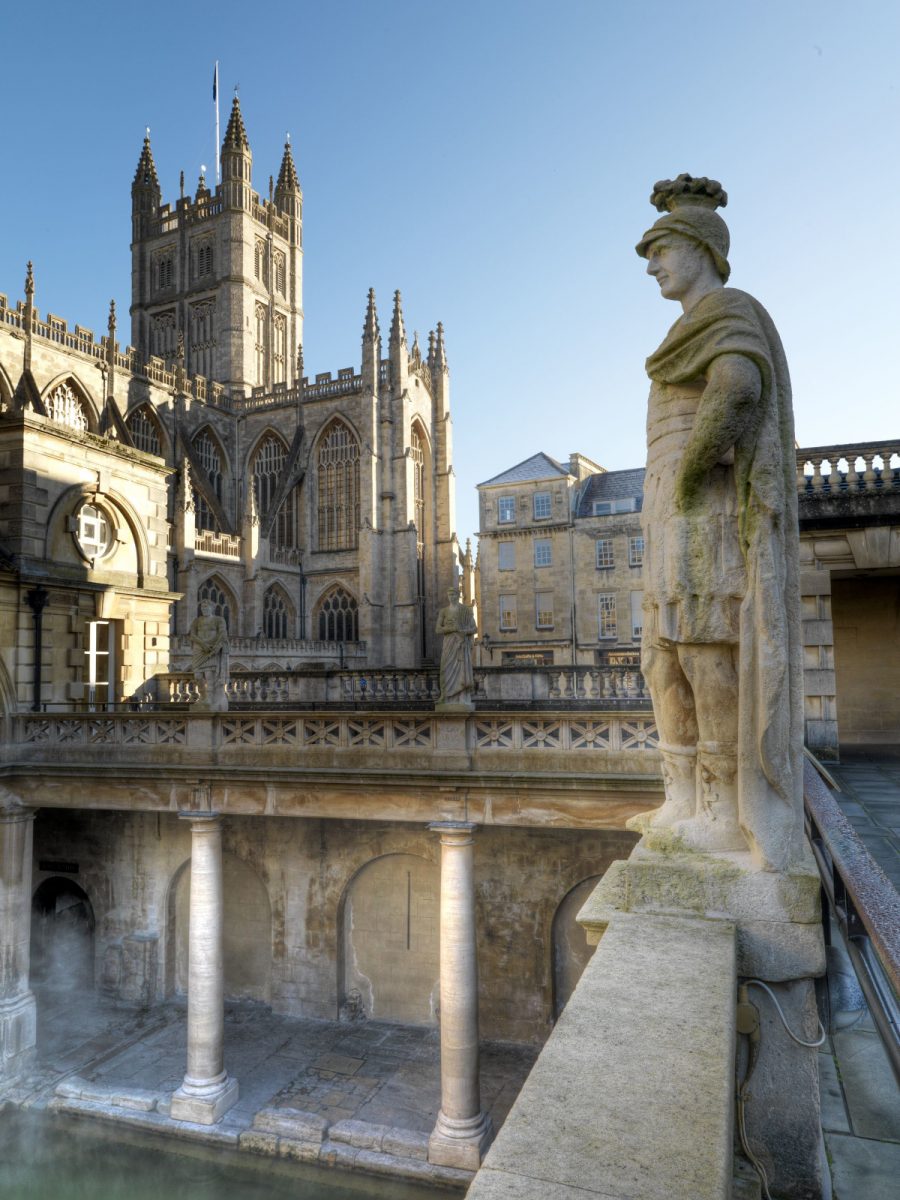
As early as 1572, John Jones was dispensing advice on taking the waters in Bath: ‘If he parts under ye midrife be grieved, sit up to ye navel, but if ye parts above the navel be disseased, sit in unto ye necks.’ And don’t, he continued, fall asleep in the bath. Samuel Pepys, writing in 1668, was concerned about the hygiene of it all: ‘Methinks it cannot be clean to go so many bodies into the same water.’ In 1687, Celia Fiennes spotted the Bath chairs used ‘to carry the better sort of people in visits, or if sick and infirm.’
For H M Bateman, author of Bath, Past and Present, Bath was an old city – ‘a Temple of Antiquity’ – both because the buildings are old and because the visitors he saw were largely elderly. He noted that he had found ‘more antique shops to the hundred yards than I know of in any other town in England.’ It was, he wrote, ‘just the place in which to run to earth that piece of old silver you have been hunting all your life.’
from the history books


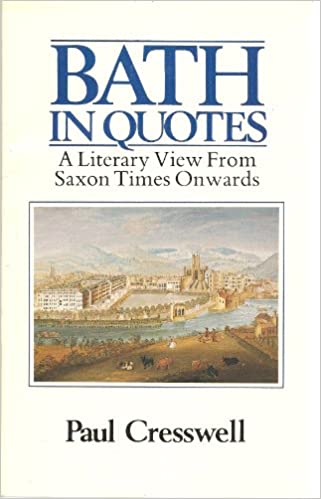
Admiral Nelson was in Bath in 1780, recovering from yellow fever and wrote ‘I am physicked three times a day, drink the waters three times and baths every other night’. He was back the following year, after the amputation of his arm and when he revisited in 1798 the audience at the Orchard Theatre gave him a standing ovation and sang Rule Britannia. A number of roads in Bath are named after him, Nelson Street and Nelson Place for example. Royalty came to Bath, as Hannah More noted in 1797, commenting that ‘princes and kings …. pop upon you at every corner’. She listed the exiled William of Orange, the Prince of Wales and ‘their Highnesses of York’ as examples.
bath in fiction

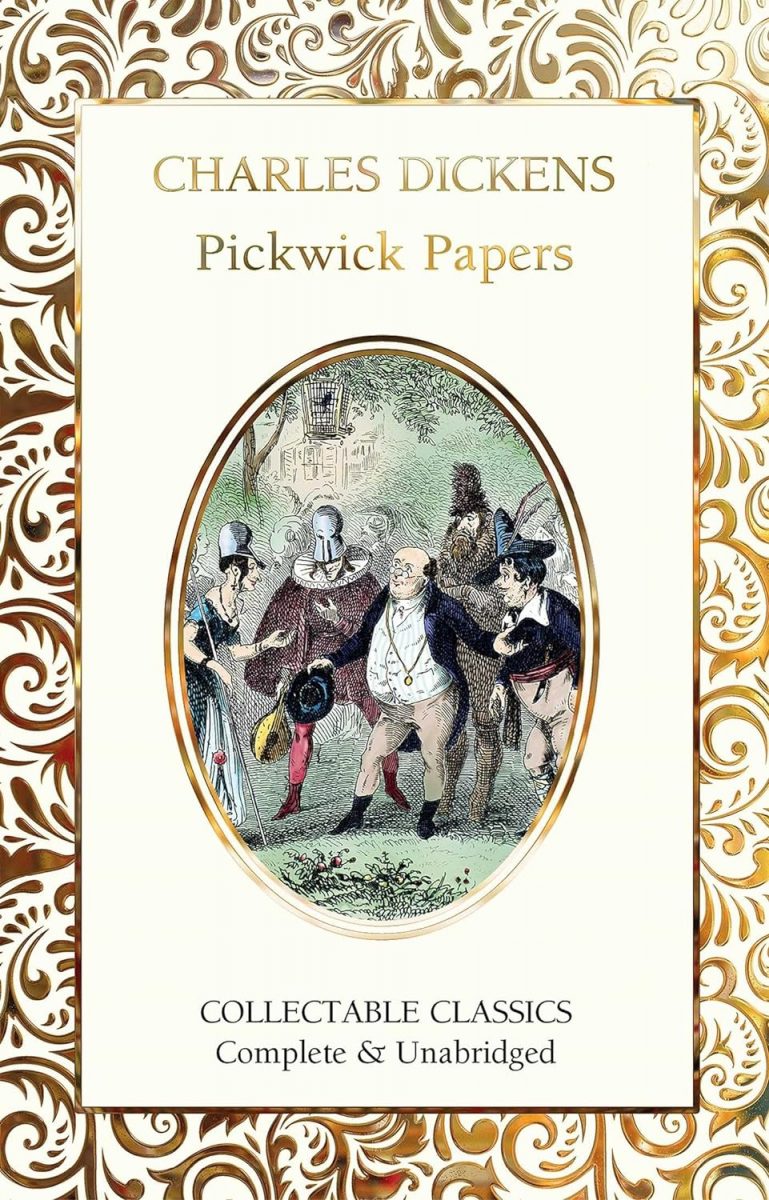

In Booth Tarkington’s novel, Monsieur Beaucaire, he describes Beau Nash greeting visitors to the Assembly Rooms, bowing very low for a great dowager, seeming in fact ‘to sweep the floor in august deference’. Mr Nash judged the importance of each visitor ‘as accurately as a nicely calculated sand-glass measures the hours.’ The atmosphere inside the Assembly Rooms was very festive, for they ‘rang with the silvery voices of women and delightful laughter, while the fiddles went merrily, their melodies chiming sweetly.’
John Betjeman’s 1947 poem from his collection ‘A Nip in the Air’ describes Bath of old: ‘Proud city of Bath, with your crescents and squares / Your hoary old Abbey and playbills and chairs …. / Your gallant assemblies where squires took their daughters / Your medicinal springs where their wives took the waters’. But it’s a lament too, criticising the post-war redevelopment of the city: ‘New houses are ‘units’ and people are digits / And Bath has been planned into quarters for midgets.’ Those who loved Bath were, he said ‘sorry’, because ‘They’re carting you off by developer’s lorry.’
In Pickwick Papers, Dickens describes Mr Pickwick’s visit to Bath. They are met by Beau Nash, who extols the pleasures of the balls held at the Assembly Rooms, where they will find ‘music, beauty, elegance, fashion, etiquette’. He also reassures them on ‘the absence of tradespeople, who are quite inconsistent with paradise.’ When they arrive, they see shining lights and sparkling jewels. But, in the tea-room ‘hovering round the card tables’ they also noticed ‘a vast number of queer old ladies and decrepit old gentlemen, discussing all the small talk and scandal of the day.’ Mr Pickwick is rebuked for describing an elderly lady as fat, told that ‘Nobody’s fat or old in Bath. That’s the Dowager Lady Snuphanuph.’
jane austen
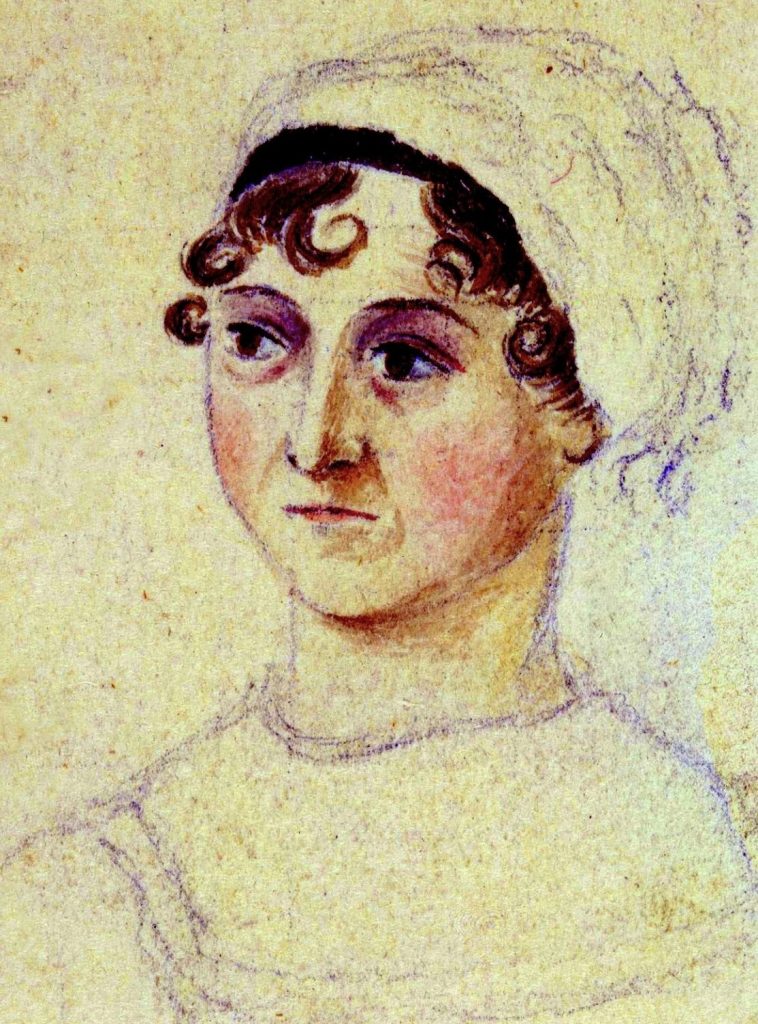
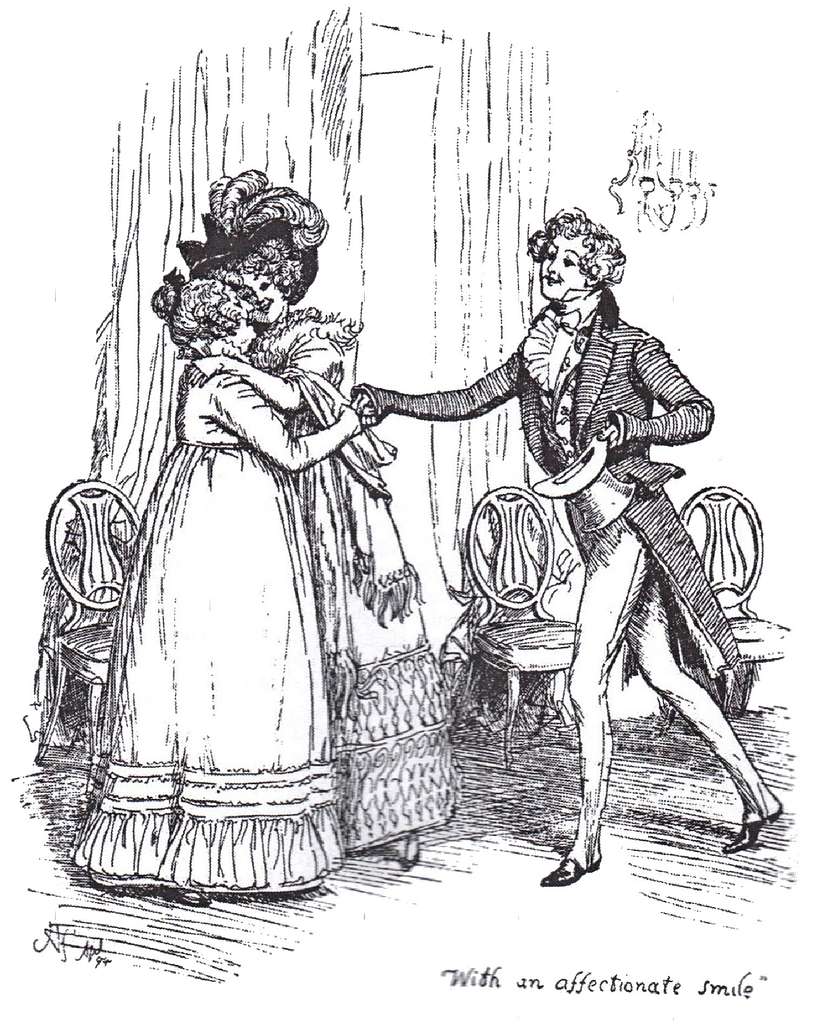
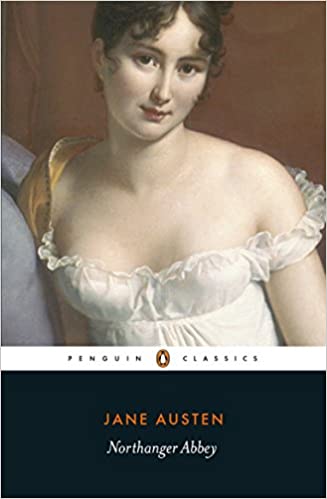
See Episode 07 for more on Jane Austen’s connection to Bath. Her first and last novels – Northanger Abbey and Persuasion – are both set partially in the city. Numerous short asides reveal her attitude to the city and to the people who visited it. For example, in Northanger Abbey, she explains that ‘a fine Sunday in Bath empties every house of its inhabitants and all the world appears on such an occasion to walk about and tell their acquaintance what a charming day it is.’
Describing her young heroine, Catherine Morley, meeting Henry Tilney, Austen comments on the practice of keeping a journal, something every young girl was reputed to do. When Catherine hints that maybe she does not write a diary, Henry professes alarm: ‘Not keep a journal! How are your absent cousins to understand the tenor of your life without one? How are the civilities and compliments of every day to be related as they ought to be, unless noted down every evening in a journal? How are your various dresses to be remembered, and the particular state of your complexion, and the curl of your hair to be described in all its diversities, without having constant recourse to a journal?’
Listen to the podcast for more quotations and a wider selection of authors. See also Episode 10, Theatre and Music in Bath.
Listen to the POdcast
Reading Suggestions
Bath in Quotes A Literary View from the Saxons Onwards by Paul Cresswell
Voices of 18th Century Bath Edited by Trevor Fawcett
A Traveller’s History of Bath by Richard and Sheila Tames
Pickwick Papers by Charles Dickens
Betjeman’s England by John Betjeman
Northanger Abbey by Jane Austen
Persuasion by Jane Austen
links for this post
Previous Episode Theatre and Music in Bath
Next Episode Day Trips to Lacock and Corsham





